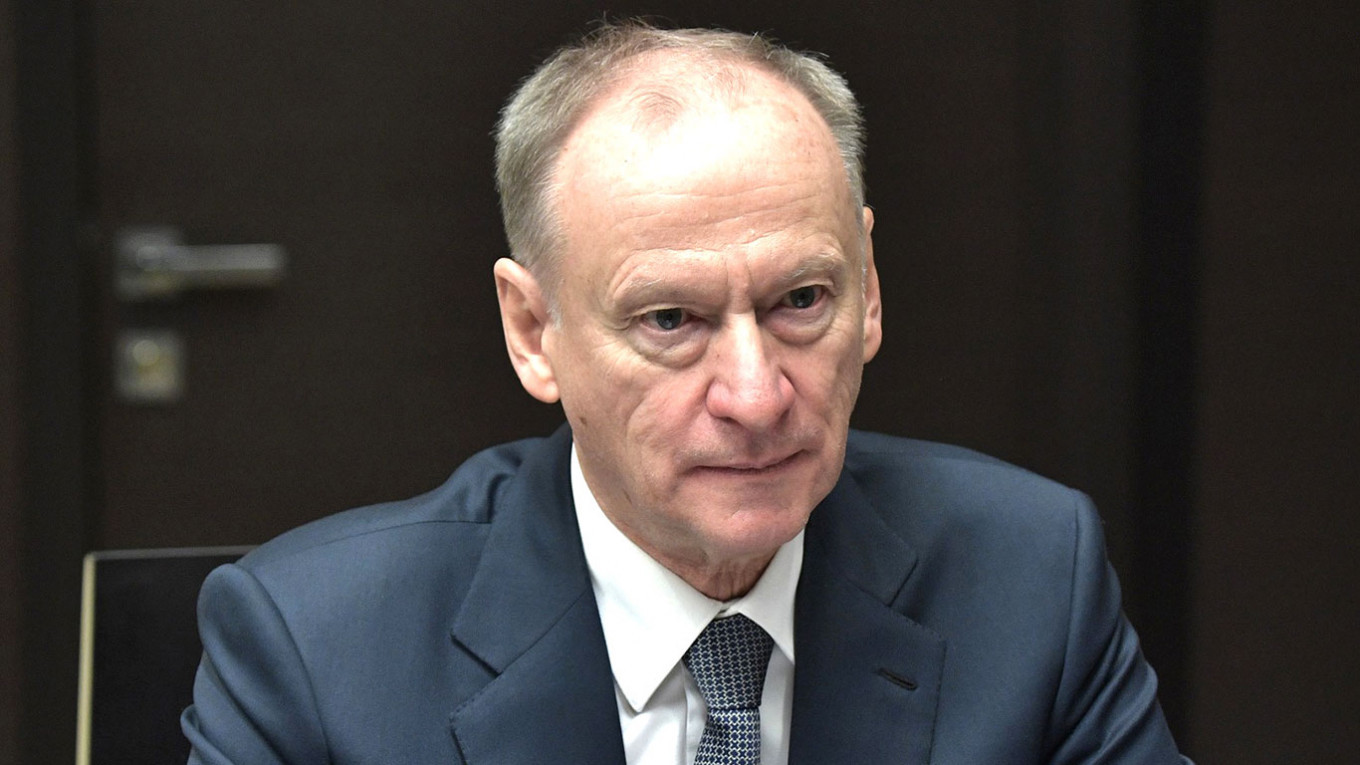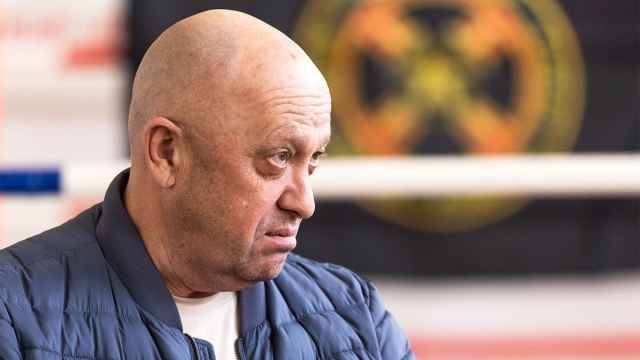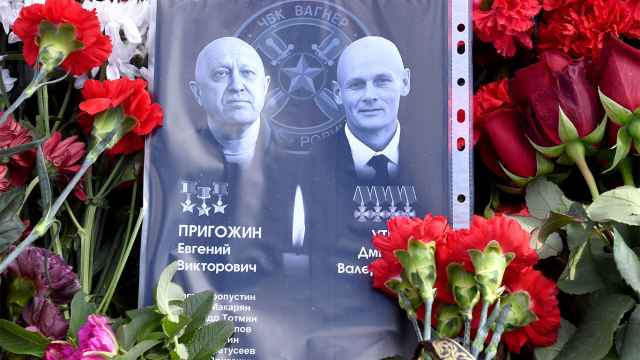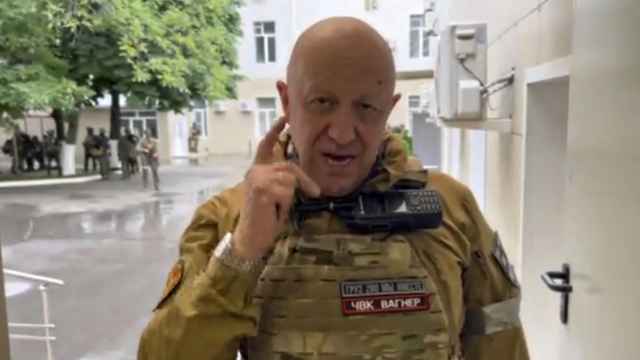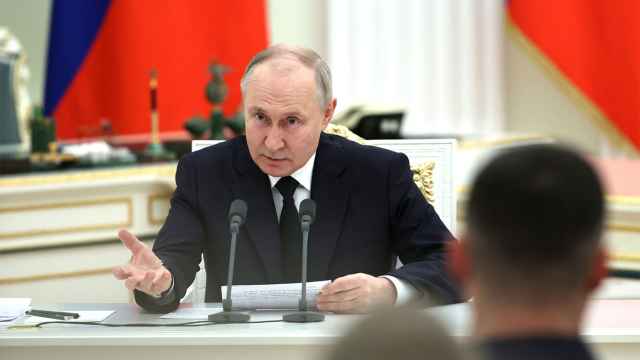Wagner mercenary leader Yevgeny Prigozhin’s dramatic death by plane crash was ordered by Security Council chief Nikolai Patrushev, a close ally of President Vladimir Putin and former spy, The Wall Street Journal reported Friday, citing Western intelligence agencies and a Russian intelligence officer.
The Kremlin has denied a role in the deaths of Prigozhin and the rest of Wagner’s leadership this August, suggesting the plane crashed after a hand grenade on board exploded.
Patrushev warned Putin about Prigozhin as the former convict became increasingly outspoken against Russia’s military leadership and its handling of the war in Ukraine, The Wall Street Journal reported.
But these warnings went unheeded because Wagner had been successful on the battlefield.
Putin realized the problem when Prigozhin called him to complain about Wagner’s lack of supplies, a former Russian intelligence official told The Wall Street Journal. Patrushev was present during the call and used it to justify sidelining Prigozhin.
Frozen out and angered by plans to subsume the Wagner Group into Russia’s Defense Ministry, Prigozhin declared a mutiny against Defense Minister Sergei Shoigu and army chief Valery Gerasimov. His June 23-24 “march of justice” saw Wagner’s forces occupy the southern city of Rostov-on-Don and take control of the headquarters of Russia’s Southern Military District.
Meanwhile, with Putin in a villa far from Moscow, Patrushev searched for mediators to stop Wagner’s advance toward the capital.
Patrushev organized Belarusian President Alexander Lukashenko's role in negotiating a deal with Prigozhin to stand down. He had also requested military aid from Kazakhstan if the Russian army could not put down the rebellion, but President Kassym-Jomart Tokayev refused, The Wall Street Journal reported.
In the months following the mutiny, Prigozhin continued traveling to Africa, where Wagner had a large military and business presence, and working in Russia.
“You can see what Putin’s plan was — to keep the dead man walking so they could continue to find out what happened,” Rolf Mowatt-Larsson, a former CIA chief in Moscow, told The Wall Street Journal.
Western intelligence agencies cited by WSJ said Patrushev started designing a plan to dispose of Prigozhin in August. Putin did not object when he was shown the proposal, the newspaper said.
Later that month, as Prigozhin waited in a Moscow airport for an aircraft safety check to finish, intelligence officials believe a small bomb was placed under the plane’s wing.
Videos from just after 5 p.m. on Aug. 23 show a plane missing a wing falling from the sky near the village of Kuzhenkino in the Tver region.
Patrushev is considered one of Putin’s oldest and closest confidants, as the two worked together as young KGB officers in Leningrad. When Boris Yeltsin appointed Putin as his prime minister, Patrushev took over as head of the Federal Security Service (FSB).
Patrushev is part of a small circle of advisers Putin is believed to have relied on for planning the invasion of Ukraine.
Kremlin spokesperson Dmitry Peskov on Friday called the WSJ report “pulp fiction.”
"We have seen this material, but we would not like to comment on it. It is unlikely that such materials can be commented on," he said.
A Message from The Moscow Times:
Dear readers,
We are facing unprecedented challenges. Russia's Prosecutor General's Office has designated The Moscow Times as an "undesirable" organization, criminalizing our work and putting our staff at risk of prosecution. This follows our earlier unjust labeling as a "foreign agent."
These actions are direct attempts to silence independent journalism in Russia. The authorities claim our work "discredits the decisions of the Russian leadership." We see things differently: we strive to provide accurate, unbiased reporting on Russia.
We, the journalists of The Moscow Times, refuse to be silenced. But to continue our work, we need your help.
Your support, no matter how small, makes a world of difference. If you can, please support us monthly starting from just $2. It's quick to set up, and every contribution makes a significant impact.
By supporting The Moscow Times, you're defending open, independent journalism in the face of repression. Thank you for standing with us.
Remind me later.


